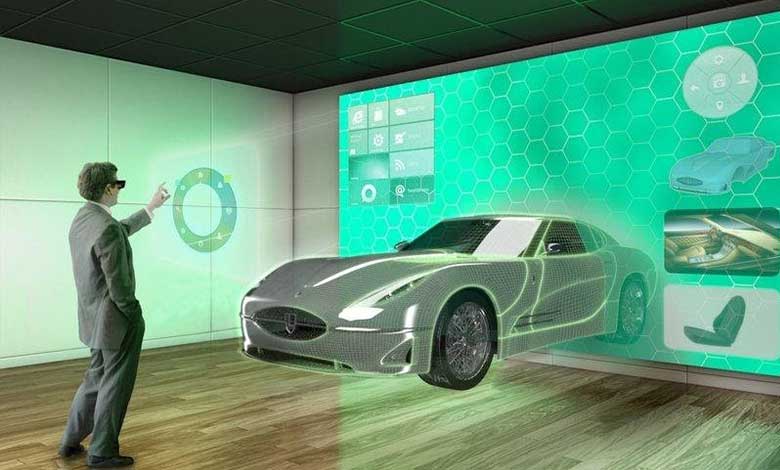
When someone thinks of virtual reality, what likely comes to mind is a fantasy world inspired by Hollywood or Japan. Others may think of the Oculus and HTC Vive headsets for gaming and entertainment. Some, however, think of the automotive industry. In fact, some of the biggest players are already utilizing VR for sales, design, and training. Let’s dig a little deeper.
Sales
Car shopping is hardly ever a convenient process. Too often customers visit a dealership only to discover that their inventory lacks the specific model, color, and trim combo they were hoping to find. Thanks to VR, you can now see the exact combination of trim and paint on the car of your choice, albeit in another reality. Not limited to the sales floor, some automakers such as BMW and Mercedes use VR in auto shows in order to allow users a chance to sit (virtually, of course) in the vehicle and even walk around it. This has served as an effective and convenient marketing tool.
Design
VR has allowed a step forward in 3D design and leaps and bounds in the automotive design process. With VR, designers can create interior, mechanical, and exterior components with the simple strokes of a controller. This provides an alternative to the traditional methods of prototyping from clay, wood, and metal models, thus reducing the time and cost it takes to turn a vision into reality. To further streamlines the process, members of the design team are able to inspect and tweak the same virtual model without ever having to be in the same room.
Training
In 2019, Bosch developed a proof of concept for virtual reality in training automotive service technicians. After testing the technology with instructors and students Bosch has partnered with Ford and established itself as a leader in this innovative space.
Everything from vehicle assembly to sales and mechanical repair training utilize VR in the automotive industry today. Audi for example, uses a VR program for dealership sales employees to improve the sales experience. Automotive Learning Center has embraced this method as well, making VR training accessible to anyone with a mobile phone and compatible headset.
VR is hardly considered new technology, but with time it has become more advanced, affordable, and popular. The future for VR in the automotive industry seems bright and its just getting started.











